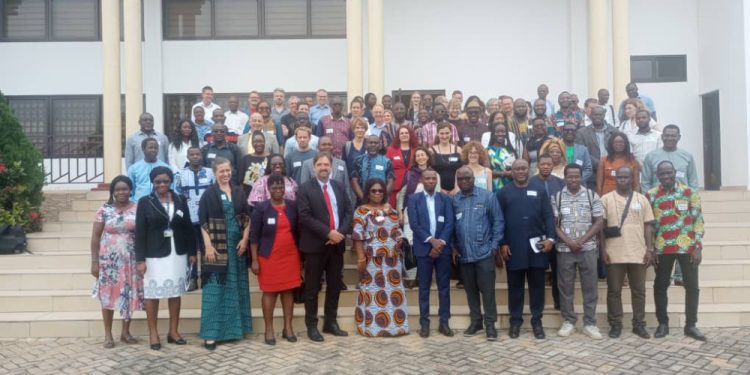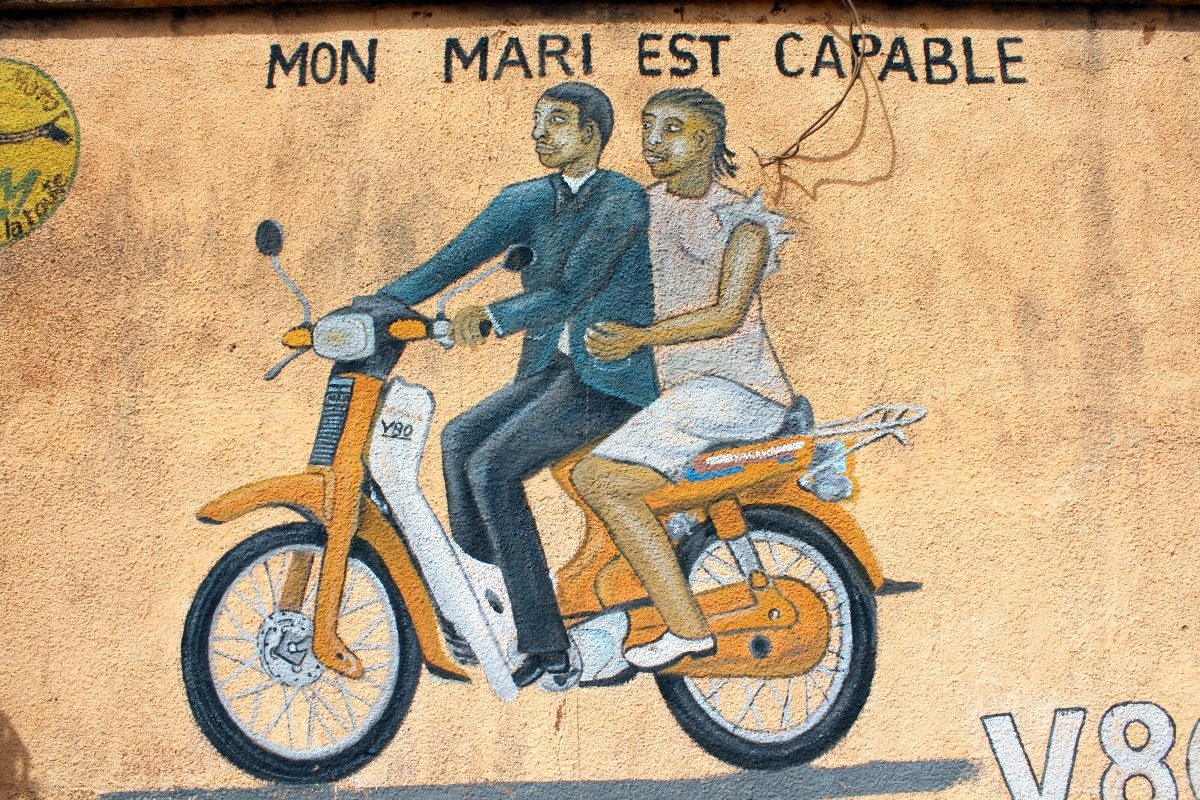Social and Cultural Anthropology
… is devoted to the study of societies worldwide, with a central focus on the human being (anthropos) in her/his cultural environment.
In research and teaching, the department provides contemporary and historical perspectives on social phenomena as processes and expressions of varied dynamics. Non-European societies have long been a focus of research at the Frankfurt Department of Social and Cultural Anthropology; today, the emphasis has largely shifted to those global interconnections of people that are the result of migration, (neo)colonial and transnational relations, global economies, and the social impact of worldwide processes of profound change.
The department‘s regional expertise is based on anthropological fieldwork in Africa, Central and South Asia (India), South-East Asia, the Americas, Oceania, as well as the Islamic world. The empirical and comparative research particularly studies the close interconnections – but also the lines of demarcation – between religion, kinship, economy, politics and law, culinary culture, material culture and museums, and migration. Another field of research is the history of the discipline.
The Department of Social and Cultural Anthropology at the Goethe University Frankfurt focuses on four major fields of research and teaching:
Current Research Projects
NoJoke – Humour as an epistemic practice of the political present

More Information
German-French doctoral college:
“Representing the 'other': museums, universities, ethnology"

Project Coordinator: Prof. Dr. Hans Peter Hahn
More Information
Maria Sibylla Merian Institute for Advanced Studies in Africa (MIASA)

Project Directors: Prof. Dr. Andreas Mehler (Universität Freiburg), Prof. Dr. Mamadou Diawara
- Studying at Goethe University
- International applicants
- Faculties
- Overview of study programmes
- Programme for refugees
- GRADE
- Goethe Business School (continuing education)
- Research at Goethe University
- Scientific news
- Goethe Welcome Center (for international researchers)
- Collaborative research projects
- Individual research
- Visiting fellowships
- Endowed chairs
- About the University
- News-in-brief
- University administration
- Campus locations
- Campus life
- University archives (German)
- Rhine-Main-Universities






